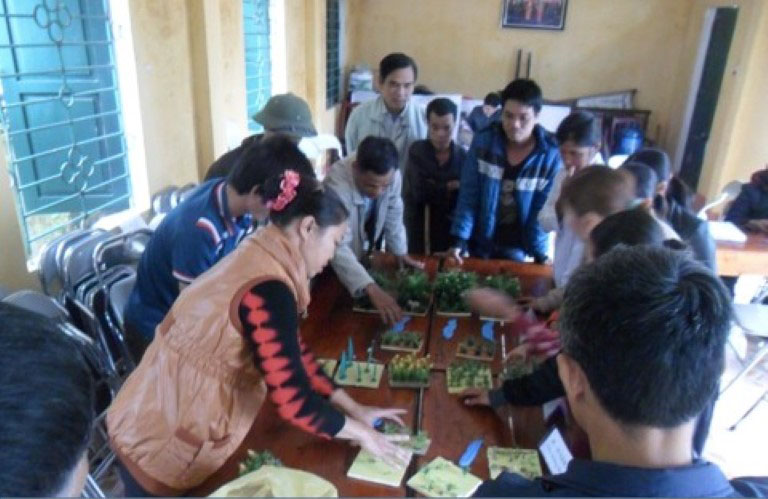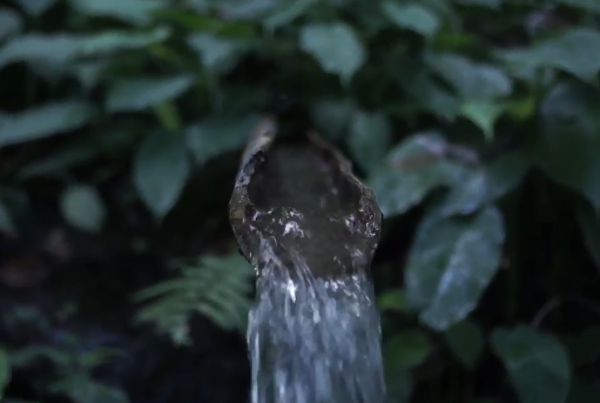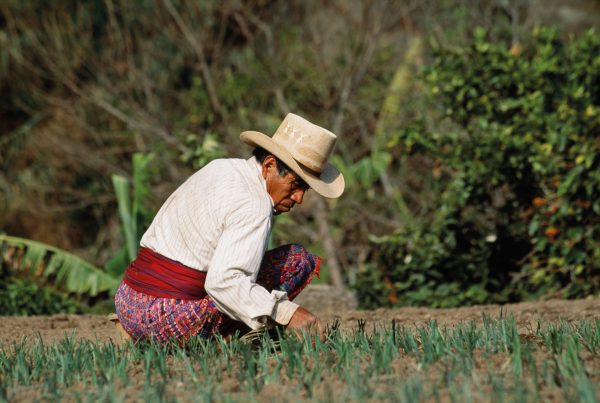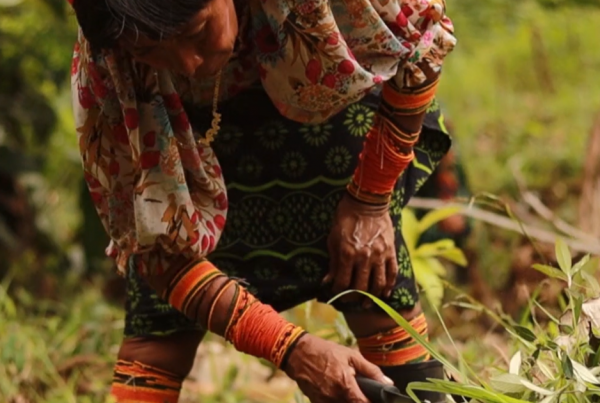Can financial incentive systems be designed in a way that respects the rights, wishes and existing practices of IPLCs? This was the central question of a pilot project managed by the Tebtebba Foundation in Vietnam[footnote]Funded by the Norwegian International Climate and Forests Initiative[/footnote] in collaboration with the Centre of Research and Development in Upland Areas (CERDA),[footnote]An independent research organisation and NGO accredited by the Vietnamese government[/footnote] the Northern Vietnamese local authorities and grassroots organisations. The aim of the project was to provide legal standing for IPLCs in REDD+ and to integrate the principles of carbon sequestration and reductions in deforestation in a way that respects human rights, traditional knowledge, traditional monitoring systems, collective decision-making, and local social and environmental attitudes. Through the project, communities established cooperatives, which provided them with legal standing to use and manage forests that had previously been unallocated and consequently affected by illegal logging. A demarcation map of community forests was created by the communities and local forest experts developed tools for monitoring tree diversity and forest biomass through community-based monitoring.[footnote]Tebtebba Foundation. Pilot Models of REDD+ implementation at grassroots level in Vietnam. at <https://www.norad.no/en/front/funding/climate-and-forest-initiative-support-scheme/grants-2013-2015/achievements/pilot-models-of-redd-implementation-at-grassroots-level-in-vietnam/>[/footnote][footnote]Hien, V. T. CERDA Case Study (Vietnam): CBMIS embedded in REDD+ pilot project[/footnote] Project funds were allocated for community projects linked to forest regeneration, conservation and sustainable use of biodiversity.
Les traductions en français et en espagnol seront disponibles d’ici la fin du mois de mars 2022.
Las traducciones al francés y al español estarán disponibles a finales de marzo de 2022.



